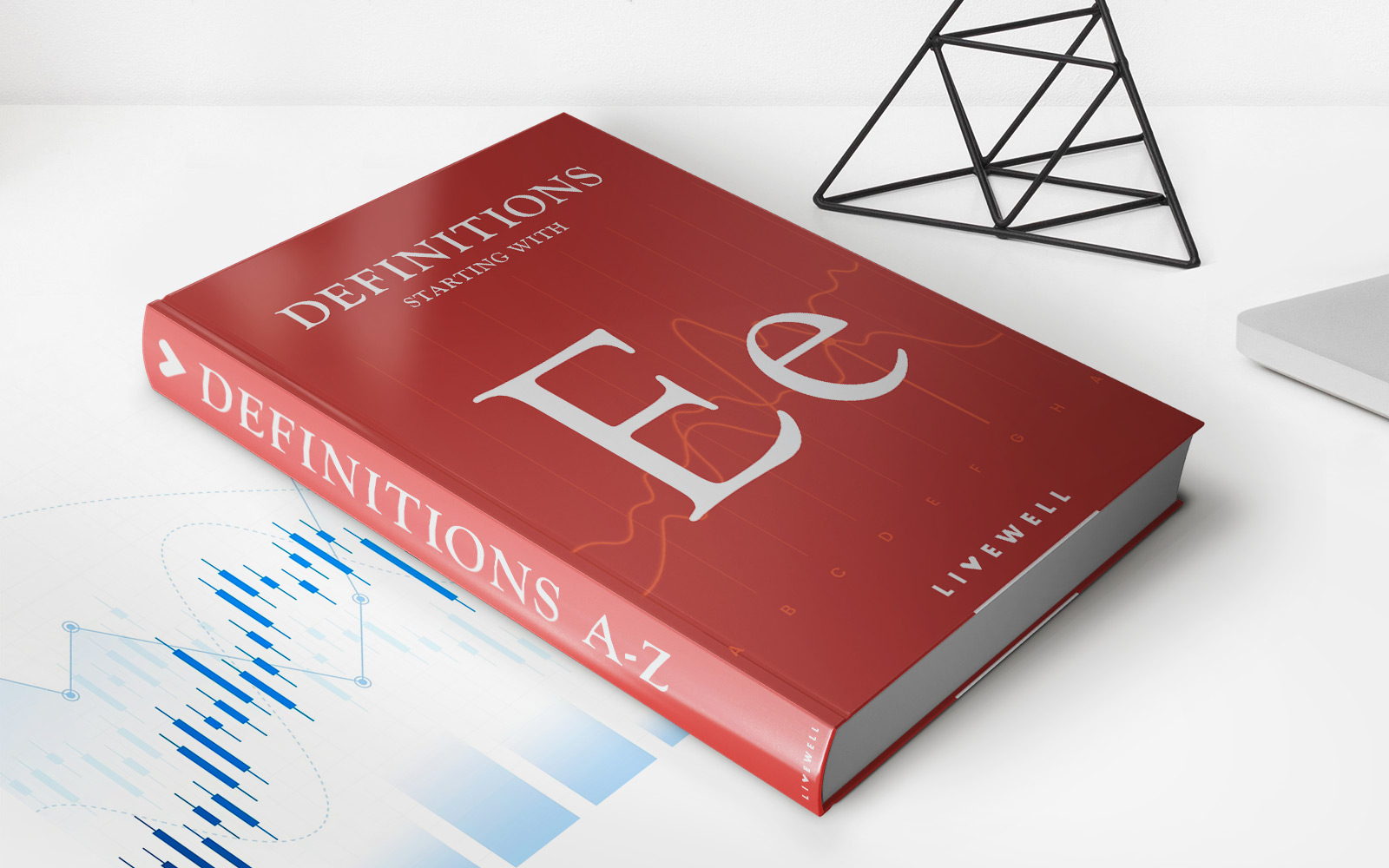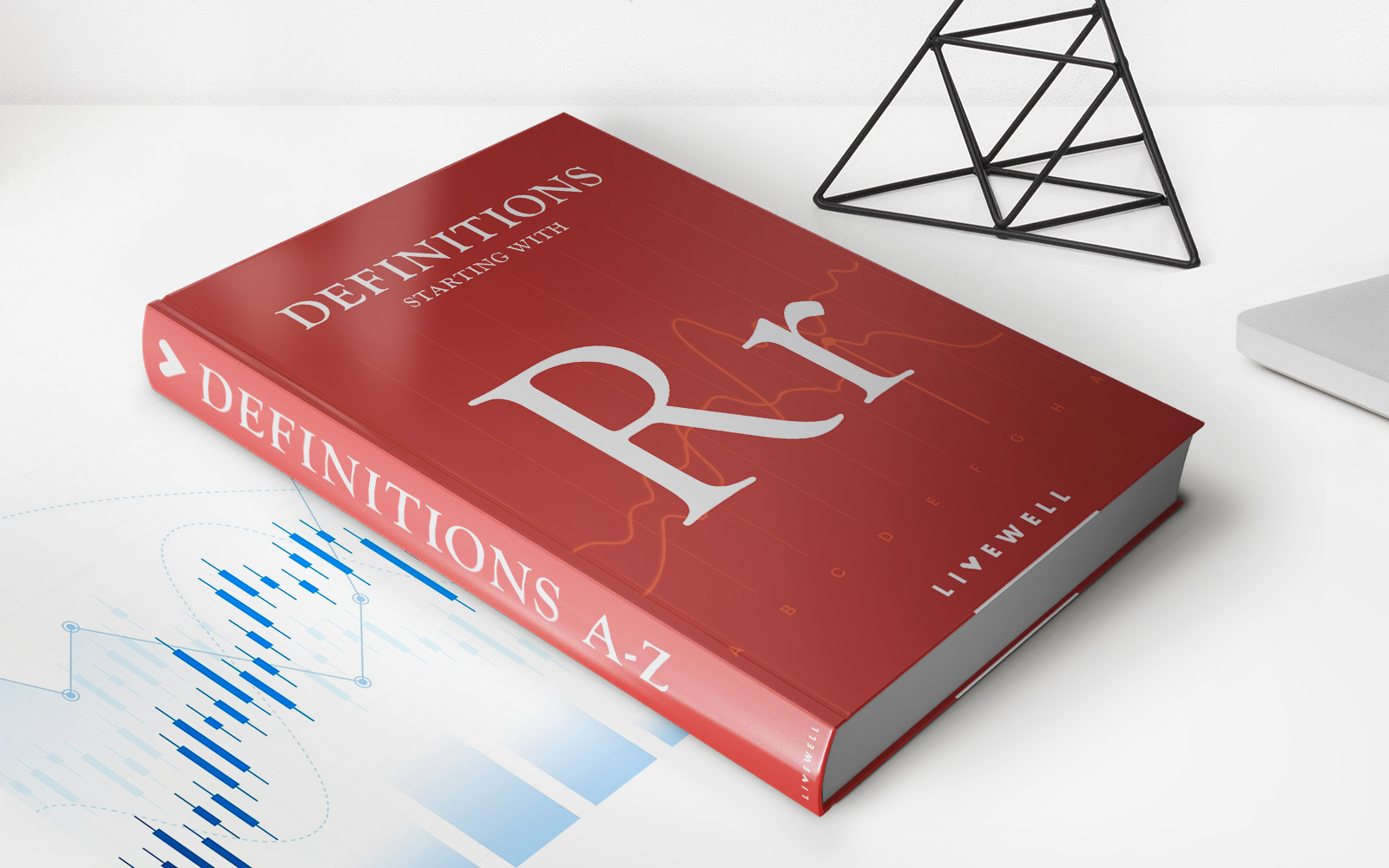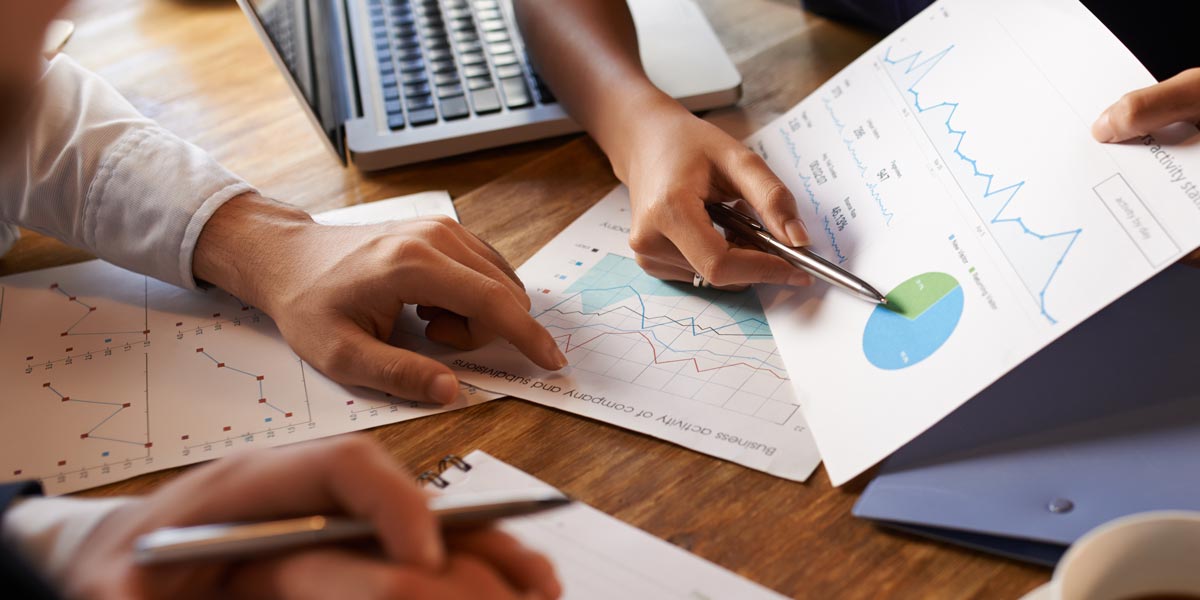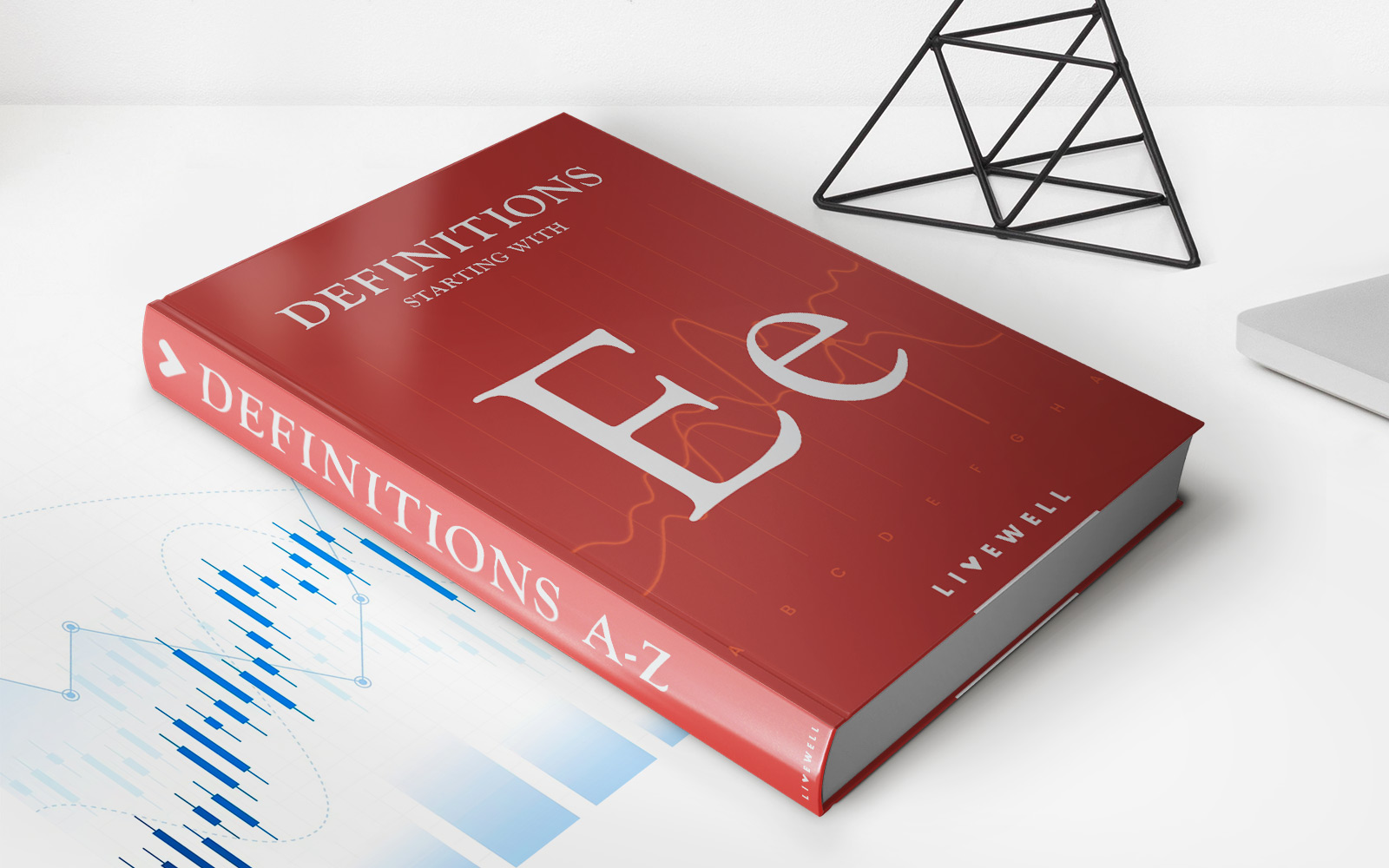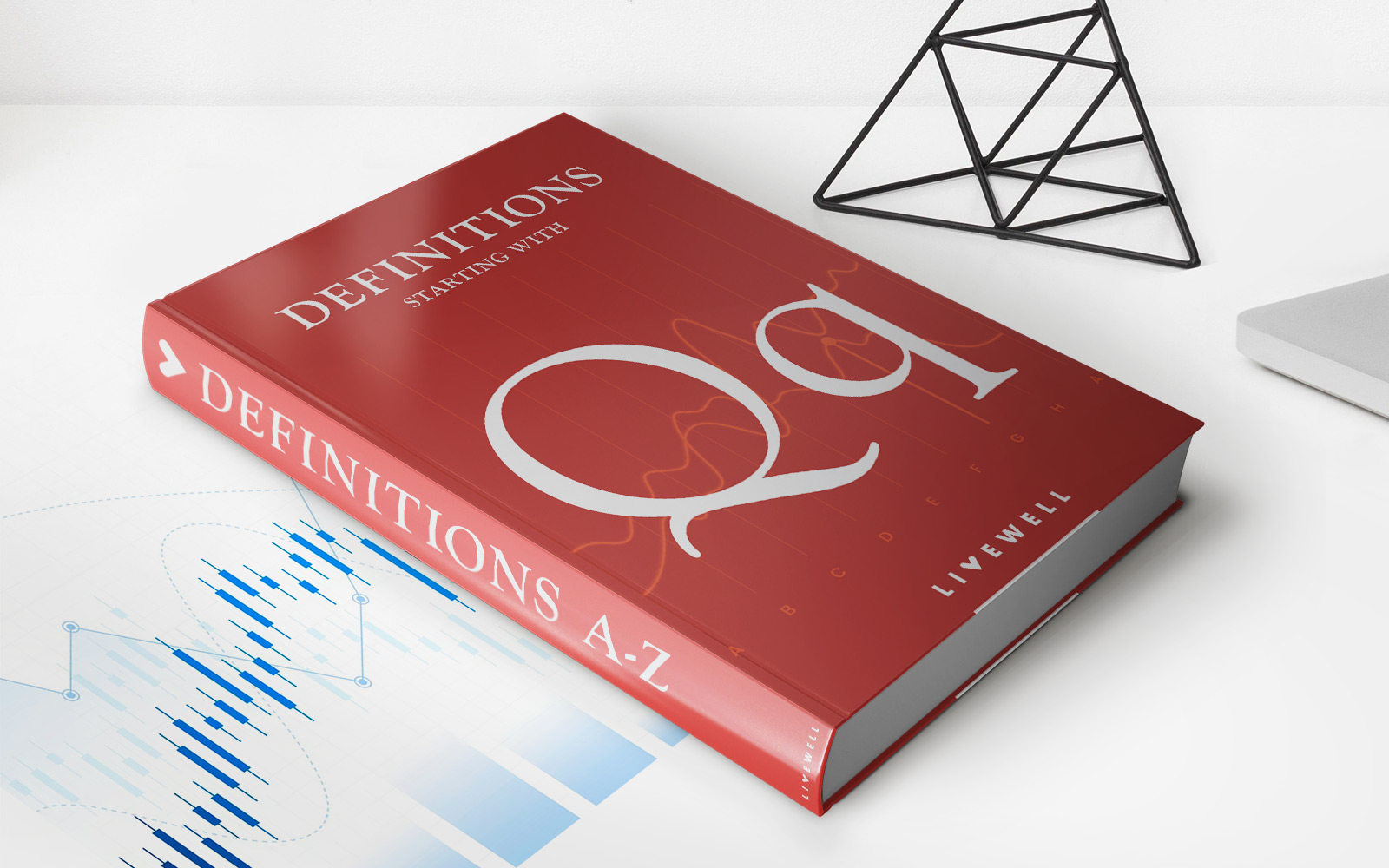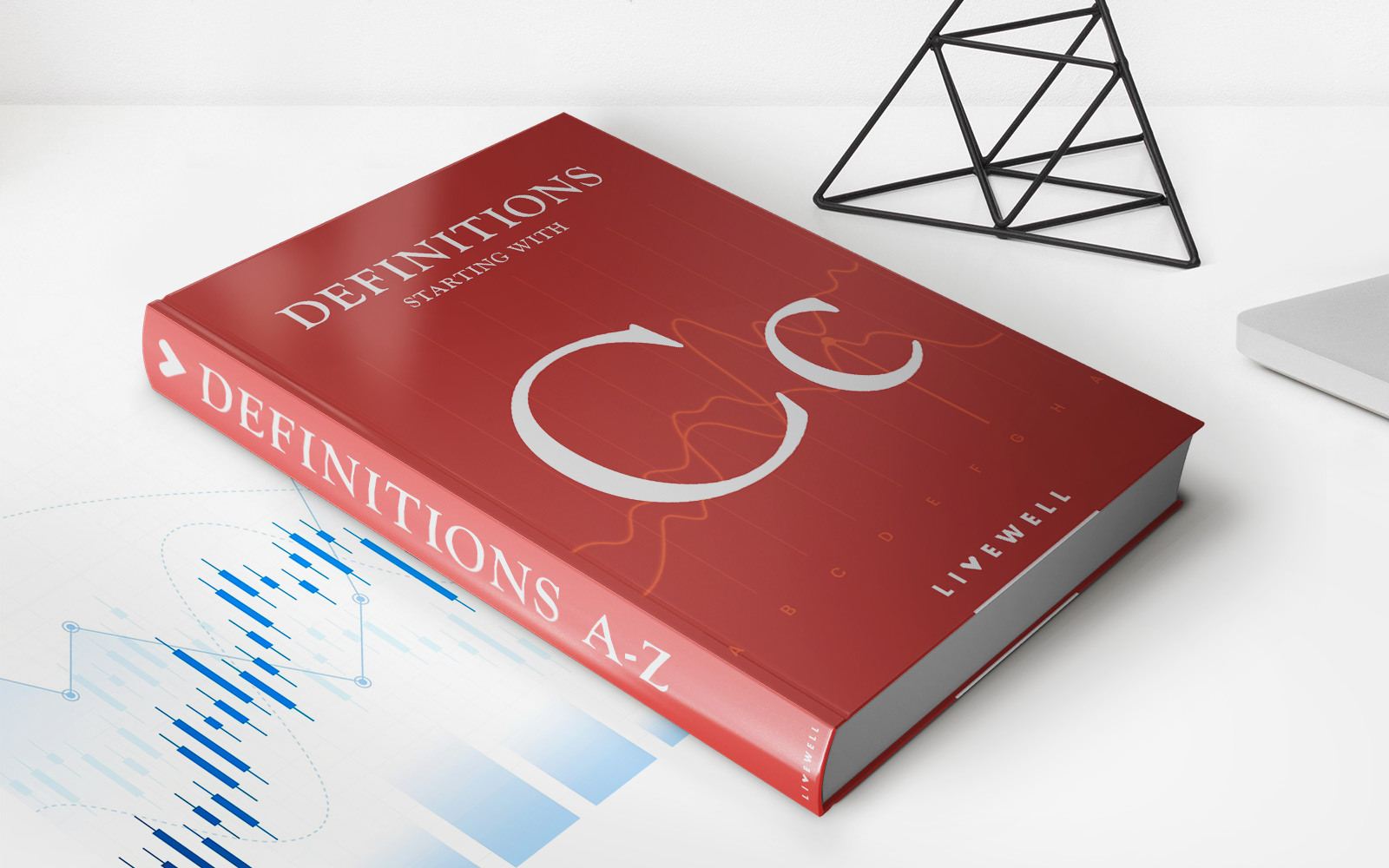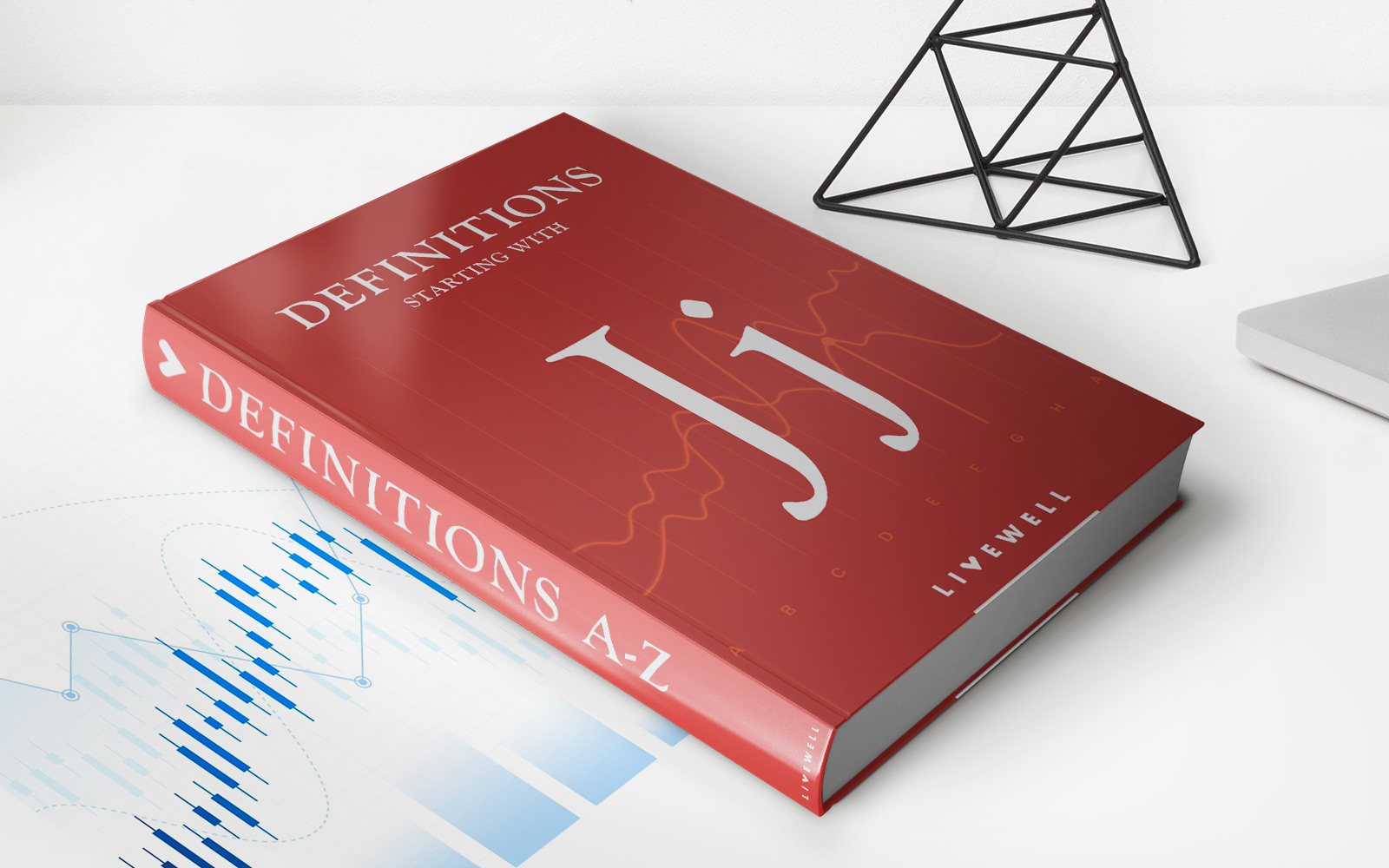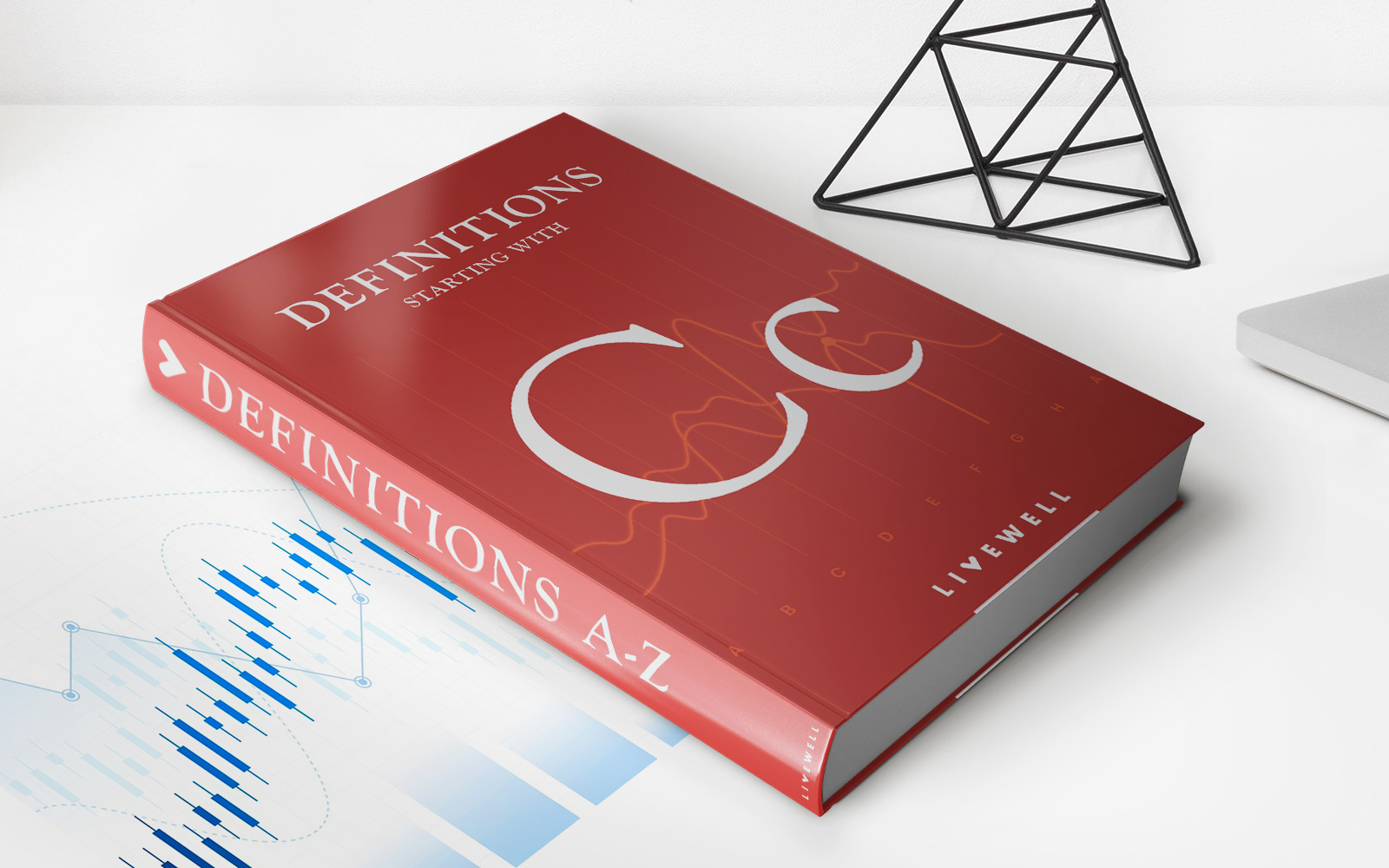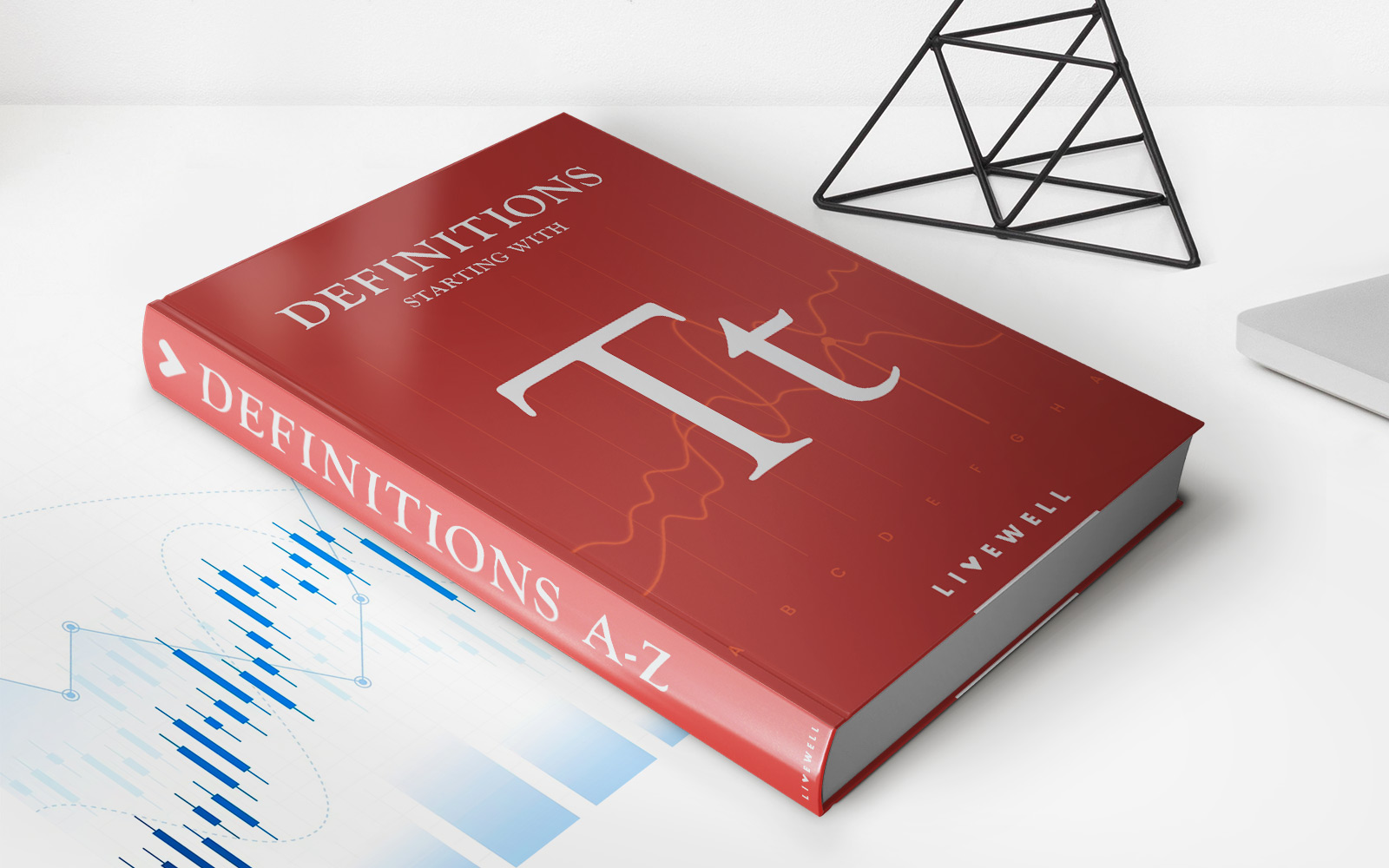Home>Finance>Leakage: Definition In Economics, Why It’s Important And Examples
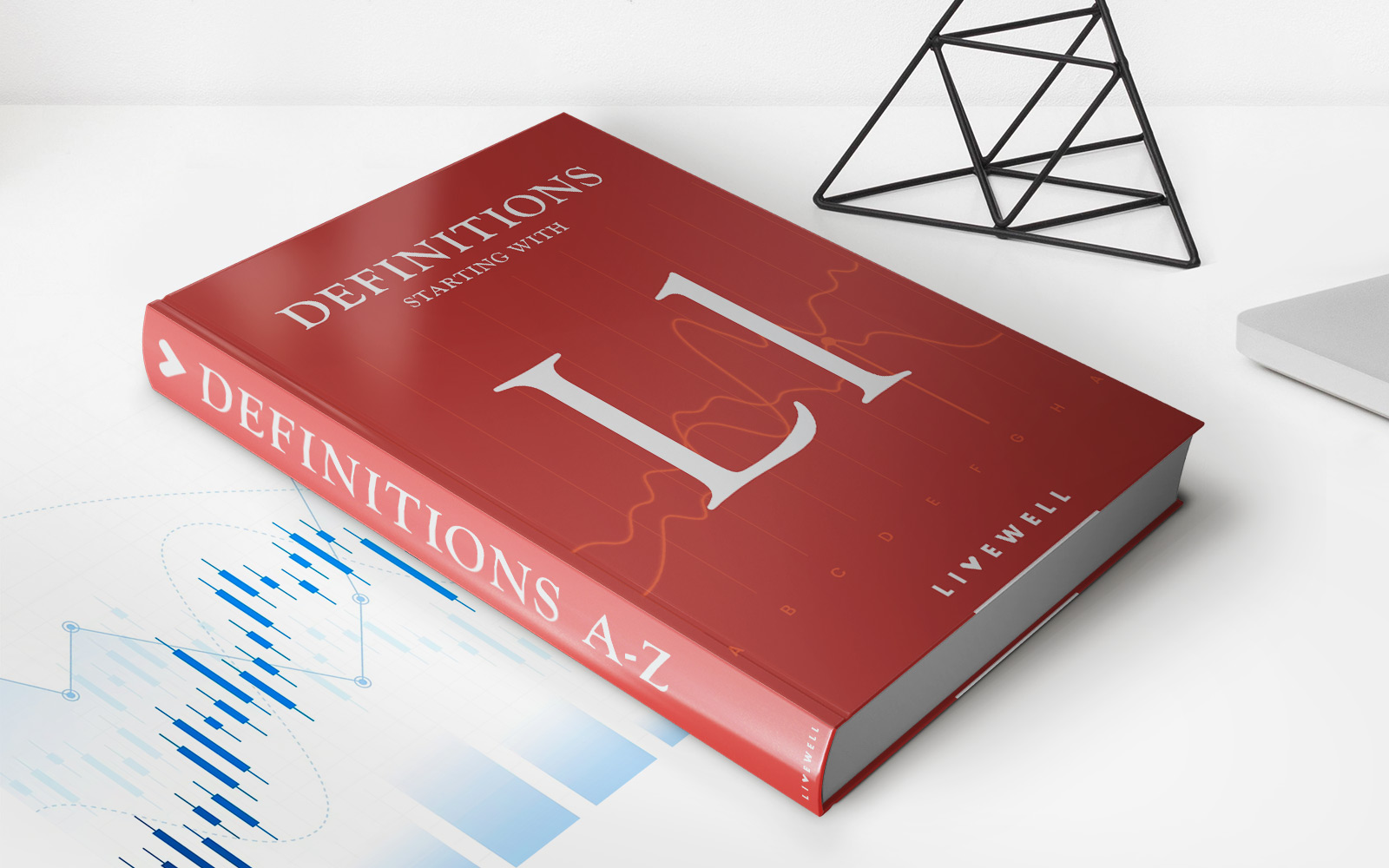

Finance
Leakage: Definition In Economics, Why It’s Important And Examples
Published: December 16, 2023
Understanding leakage in economics, its significance in the world of finance, and explore real-life examples to grasp its impact on the economy.
(Many of the links in this article redirect to a specific reviewed product. Your purchase of these products through affiliate links helps to generate commission for LiveWell, at no extra cost. Learn more)
Understanding Leakage: Definition in Economics, Why It’s Important, and Examples
Imagine pouring water into a bucket with holes in it. No matter how much water you pour in, some of it will always leak out. In economics, this concept is known as leakage. It refers to the outflow or diversion of money or resources from a particular economic system. Understanding leakage is crucial for both individuals and businesses to effectively manage their finances and make informed decisions. In this blog post, we will dive deeper into the definition of leakage in economics, explore its importance, and provide real-life examples to illustrate its impact.
Key Takeaways:
- Leakage is the outflow of money or resources from an economic system.
- Understanding leakage is essential for effective financial management.
What is Leakage in Economics?
In economics, leakage occurs when money or resources are diverted away from the intended economic system. It can happen through various channels, such as savings, taxes, imports, or investments in foreign economies. These leakages reduce the amount of money circulating within the system, affecting overall economic activity and potential growth.
Leakage is often contrasted with injections, which are inflows of money or resources into the economic system. Injections can come from sources such as government spending, exports, or investments from external parties. Understanding the balance between leakages and injections is crucial for assessing the overall health and sustainability of an economic system.
Why is Leakage Important?
Leakage plays a significant role in shaping the economic landscape and has implications for individuals, businesses, and governments alike. Here are a few reasons why understanding leakage is crucial:
- Impact on Economic Growth: Leakage can hinder economic growth by reducing the amount of money available for spending and investment within the system. Understanding and managing leakages can help identify areas where interventions are needed to stimulate growth.
- Financial Management: Leakage affects personal financial management by limiting the amount of money available for consumption, savings, or investments. By understanding the various leakages, individuals can make informed decisions to optimize their financial resources.
- Policy-making: Governments track leakages to assess the impact of taxes, savings rates, or import-export imbalances on the economy. This information helps policymakers design effective economic policies to address leakages that may negatively affect the overall economy.
Examples of Leakage in Economics
Now that we understand the concept and importance of leakage, let’s explore some real-life examples:
- Savings: When individuals save a portion of their income instead of spending it, it creates a leakage from the economy as the money is not immediately put back into circulation.
- Taxes: Money collected through taxes diverts resources from the private sector to the government. While taxes are necessary for public services, they represent a leakage as the money is taken out of the economy.
- Imports: When a country imports more goods and services than it exports, it creates a leakage of money to other economies, as the funds flow out of the domestic market.
- Investments abroad: When businesses or individuals invest in foreign economies, it represents a leakage of money leaving their home country’s economy.
These examples demonstrate how leakage can affect both individual financial decisions and the overall functioning of economies. By understanding the various channels through which leakages occur, individuals and policymakers can take steps to mitigate negative impacts and promote economic growth.
In Conclusion
Leakage is an important concept in economics that describes the outflow of money or resources from an economic system. It impacts economic growth, personal financial management, and policymaking. By understanding the different types of leakages and their effects, individuals and organizations can make informed decisions to optimize their financial resources. So the next time you come across the term “leakage” in an economic context, you’ll have a better understanding of what it means and its significance.


